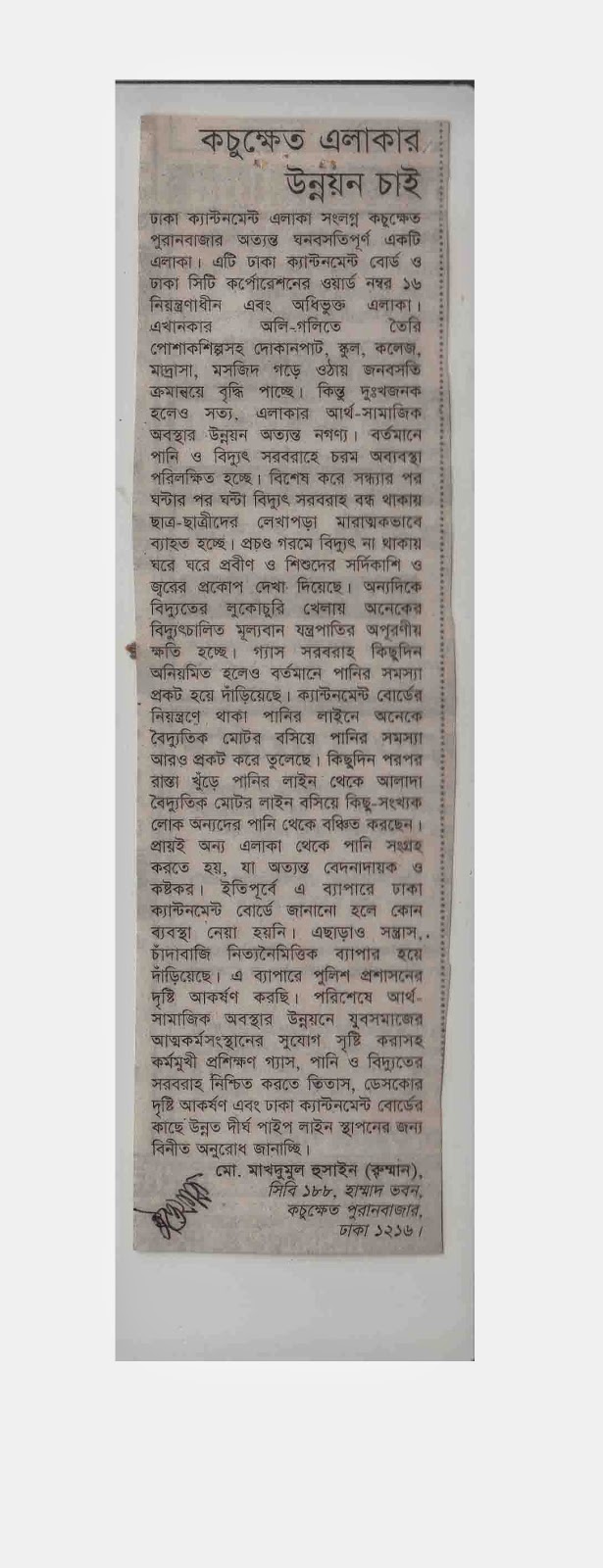Medicine Industry of UK, USA & UAE,
those country can help us to produce more export standard medicine.
| Monday, 21 October, 2002, 11:30 GMT 12:30 UK (Guest Writer) Thanks BBC. Telemedicine lifeline for villages Tests will be transmitted to Dhaka for analysis A private company called Bangladesh Telemedicine Services (BTS) has come up with an ambitious project to set up telemedicine centres to help doctors identify diseases early on. The centres will be linked to a network of 200 specialists in the Bangladeshi capital, Dhaka, who will be on hand to offer their expert opinion. "If a doctor has a heart patient but he is not able to read the electrocardiogram, the image can to sent to Dhaka for expert interpretation and that may save a life," said Dr Sikder Zakir, BTS Managing Director. Cost-savings The project is being run on entirely commercial grounds, with no funds coming from foreign donors.
"Bangladesh spends US$1bn on healthcare but patients are not getting the expected care," said Dr Zakir. "If we get to the disease in the early stages, we can save 20 times the money we are spending." The problem is that many doctors and health workers lack the expertise to recognise an illness in its early stages. So by the time they work out what the problem is, the disease may be in an advanced state. It means families are faced with high medical bills, particularly if they have to send their relative to Dhaka or even abroad for treatment. "Catching the disease in its early stages is far more cost-effective in the long run," explained Dr Zakir. "If we can prevent two medical evacuations from rural areas, we can save money and provide treatment for the equivalent of 20 people." Internet links For the first stage of the project, 50 telemedicine centres are planned within a 120-mile radius of Dhaka.
"We will give them the training and the facility for free but they have to operate the centre," said Dr Zakir. "They need to treat patients to make money." At the end of the day, the rural doctors will be able to send case files and queries to headquarters in Dhaka over the internet. The company is confident it can make the centres profitable as they will have a pharmacy attached and this is the most lucrative area. It has been working on the idea for the past three years. Initially BTS met some resistance from rural doctors who feared that the company would be taking over their practice. It says it is now getting a more positive response. For the last two years, the company has been running a telemedicine clinic in Dhaka, with links to specialists in the US and Canada. | |||||||||||||||||||||||||

Comments
Post a Comment